The highly automated and fully digitalized factory is the supposed ideal for the future of production. However, the current challenges facing companies look different: In an economic environment in which cost pressure is sometimes dramatically increasing and investment budgets are therefore often very limited, a pragmatic strategy to achieve productivity gains is essential. In its projects, ConMoto therefore relies on a smart combination of low-cost automation and full automation for highly repetitive activities – supplemented by modular standard elements that are easy to plan, flexible and scalable. The projects enable our customers to achieve rapid, on-balance-sheet productivity gains that take advantage of technological advances without requiring excessive capital investment.
Prerequisites for efficient production systems
To benefit from new developments, manufacturing companies must embed the fundamentals of efficient production management in their production systems. If this approach hasn’t been fully implemented it must be a mandatory part of productivity-enhancing projects to achieve real improvement. These fundamentals include:
- Understanding value streams in depth and their interrelationships,
- Making performance measurable,
- Setting traceable standards and
- implementing sustainable improvements.
However, many companies increasingly aim to set up highly digitalized factories, even though they lack the basics to be able to roll out digitization profitably on the shop floor. Digitization enables businesses to measure performance with little effort, to interpret it in a targeted manner and to detect deviations from the standard. Careful feasibility studies and profitability analyses are therefore important both for individual and interconnected production elements to be able to implement precisely tailored low-cost automation that releases the potential without excessive investment and costs.
As a dimension of factory planning, digitalization and automation are two essential pillars for the competitive factory of today and tomorrow. ConMoto supports its customers in the entire planning process and in the subsequent implementation: from the footprint strategy to profitability studies and the business case to the design of the layout. Identification of automation and digitization options are developed in parallel and substantiated with corresponding business cases. The focus is on individual customer solutions that can be implemented quickly and generates a high level of benefit.
Project example
For example, ConMoto recently worked with a well-known Tier 1 supplier in the premium segment to design, plan and successfully implement a new, lean and logistics-oriented factory of the future in an European growth market using its proven 7-step approach.
A central point was the creation of frictionless process flows throughout the factory. For this purpose, the following steps were implemented in a structured manner
- Analysis of the factory’s product range: creation of product/technology matrices
- Identification of the main process flows and sensible interlinking (one-piece-flow)
- Standardization of production elements and equipment
- Introduction of (cost-effective) automation based on careful feasibility studies and profitability considerations
Conclusion:
The success and extremely positive feedback from our customers proves: the factory of the future is based first and foremost on smart processes and uses a combination of low-cost automation and full automation for highly repetitive activities, has a modular structure and thus combines ease of planning and implementation with scalability and flexibility.



 Deutsch
Deutsch